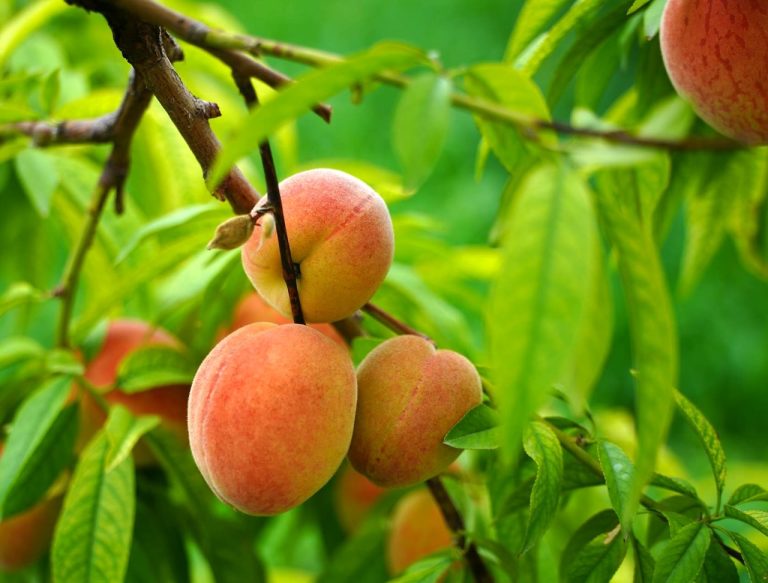
An Atlanta News First (ANF) article published on November 18 claimed that climate change is affecting farmers and restaurants in Georgia who rely on local produce. This is obviously wrong. [emphasis, links added]
Empirical data on temperature and crop yields refute this claim.
The article titled “Georgia farmers and restaurateurs say climate change threatens way of life,” written by Abby Kousouris, promotes the claim that climate change is generally warming the planet and adversely affecting agriculture.
This claim, although often asserted by climate alarmists, has been specifically debunked by regional climate and crop data.
Contrary to the common belief that global warming causes uniform increases in temperatures, Data from the National Oceanic and Atmospheric Administration (NOAA) show that the southeastern United States has experienced a cooling trend in recent decades.
This phenomenon is often associated with the polar vortex, causing cold winters in the region and defying claims of general warming.
According to Forbes, “In defiance of climate change, the Southeastern U.S. is getting colder rather than warmer through the polar vortex.” This cooling trend challenges the premise that rising temperatures are causing difficulties for Georgia agriculture.
The article points out that climate change is threatening Georgia’s peach industry. However, in 2024, Georgia experienced one of its most successful peach harvests to date.
According to the Georgia Peach Commission, growers expect to ship about 3 million boxes of peaches, or 75 million pounds of peaches, a 25% increase over a typical crop. This huge production contradicts claims that climate change is adversely affecting peach production in the state.
Georgia peach production drops sharply in 2023 due to late-season freeze, As the Earth warms moderately, such weather events are expected to become more rare.
Oddly enough, just six months before this article was published, ANF published a video article titled: Georgia farmers say 2024 peach harvest will be best ever. Clearly, the ANF is not paying attention to its own journalism when crafting dire climate change stories.
While peaches are culturally important in Georgia, their economic impact is relatively small.
Agricultural data from the University of Georgia Cooperative Extension states Peaches represent only about 0.58% of the state's agricultural economy, and Georgia's peach production accounts for 3% to 5% of U.S. peach production. This context is crucial when evaluating claims that climate change is harming or posing a threat to Georgia’s agricultural sector.
Looking at the broader agricultural market, the University of Georgia College of Agricultural and Environmental Sciences and the state's Cooperative Extension updated their report, the 2022 Georgia Farm Gate Report, in August 2024, which identified: Despite annual ups and downs in different crops, the state's agricultural sector has performed well over the past 20 years.
“These data indicate that agricultural conditions in Georgia are stable,” said Jared Daniel, data coordinator for the Department of Agriculture and Applied Economics. “The agricultural industry is important and here to stay.”
Not every farmer in every region performs as well as his or her peers every year, But in Georgia, the entire agricultural sector has thrived during the recent mild warming.
Media outlets like ANF often amplify narratives consistent with the popular climate change narrative that everything is bad because of climate change, Often at the expense of an accurate view of long-term weather and economic trends.
Emphasizing climate change as the primary factor affecting agriculture may obscure other key variables such as market dynamics, government agricultural policies, technological advances, short-term weather events, and adaptive agricultural practices.
This misrepresentation misleads the public about the real challenges faced by farmers and the ongoing positive production and yield trends in the agricultural sector.
A thorough analysis of Georgia's regional climate data and agricultural results shows: There is no evidence that climate change is making Georgia’s weather patterns worse or harming the state’s agricultural sector.
The southeastern United States has experienced a mild cooling trend in recent decades, and contrary to the impression given in the ANF article, the Georgia peach industry achieved record production in 2024.
These facts highlight the false nature of the ANF article.
Read more Climate Realism
